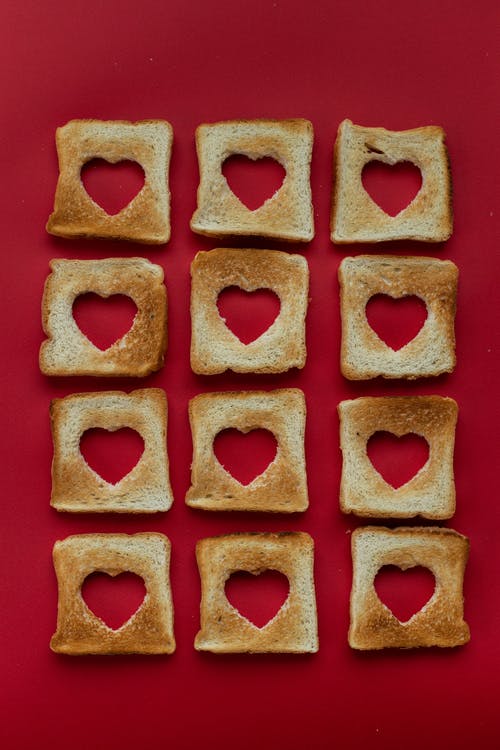Today I came across some rare photos taken during the years I lived with anorexia which were captured at points in time where I looked visibly unwell.
They’re rare because I destroyed or deleted most of these types of photos long ago.
They’re rare because there was never many to begin with.
I wasn’t someone who documented my journey. Perhaps if I knew it would have the outcome it did, that I’d make it to any semblance of a normal life I may have but when I was in it, I didn’t know I was on a journey to freedom.
When I was in it, I was just surviving.
Another reason these photos are rare is that for the most part I didn’t look deathly sick during the years I lived with anorexia nervosa. Therefore, for the most part photos of me during that time just show me as thin or realistically even what society might deem fit or healthy looking (I wasn’t fit or healthy. If you have a restrictive eating disorder you are not fit or healthy).
As I looked at these photos, I couldn’t help but think…
“How did I do that to myself?”
How did I starve myself to such an extreme level I should technically have died?
And the only answer that came to mind because there is only one answer was…
“Easily”.
The answer is easily.
Anorexia nervosa was never an effort for me.
My mind did it.
My body did it.
I never once asked them to.
In fact, I asked, pleaded, prayed, will-powered and shamed my mind and body to do everything but.
I didn’t know at the time that I developed anorexia nervosa, but it is known now without question that anorexia nervosa has genetic components.
What this means is that if you are one of the lucky ones to win that genetic lottery and couple this with a period of energy deficit (ie. your body receiving less energy than it needs and this can be due to many different reasons intentional dieting being the obvious one but not the only one. Other reasons for an energy deficit include trauma, abuse, illness, wisdom teeth extraction and so on) you’re basically, for lack of a way of putting this more tactfully, screwed.
You will develop an eating disorder.
And it will feel like the most natural and normal thing to do so.
In fact, it will feel like a battle to do anything but.
And this is what more than anything else I wish people, particularly healthcare workers, understood about people living with eating disorders.
They’re not trying to have an eating disorder.
They’re not trying to be difficult.
They are trying to be different.
They are trying to change.
From someone who’s been there I can guarantee you this.
Why do I wish people understood this about eating disorders? Because it changes the entire way we look at and go about treatment at the systemic level.
And to me, someone who went through “treatment” for 15years I can tell you this is a good thing.
A dream come true really.
Because my story is by no means unique.
I can tell you there are a lot of people living with eating disorders and continuously making attempt after attempt to recover based on treatment protocols and information that are quite honestly and depressingly likely never going to work for them because they’re not based on reality.
If we really want to make any level of meaningful impact in improving eating disorder recovery rates, we must let go of the outdated model that has been shown irrevocably to simply not work, we must let go of trying to fit people to models and ideas of what eating disorders are or how recovery should look and simply work with reality.
We must work with the people in front of us.
With my whole heart I hope you found this information useful and inspiring.

Become Great. Live Great.
Bonnie.



